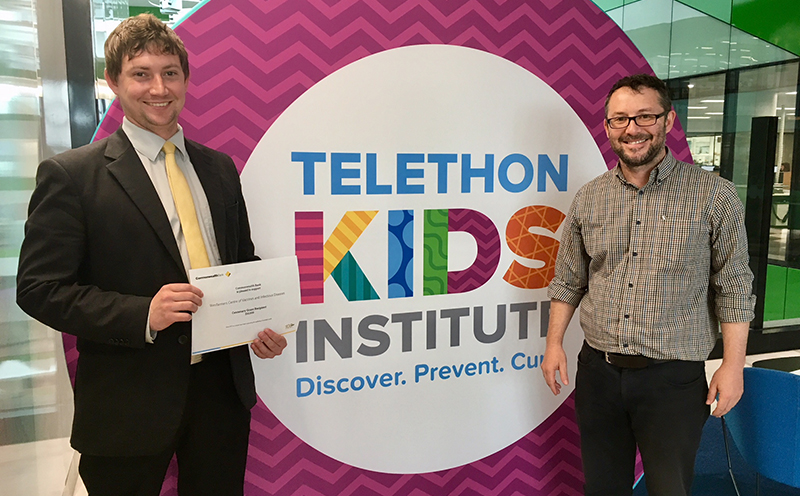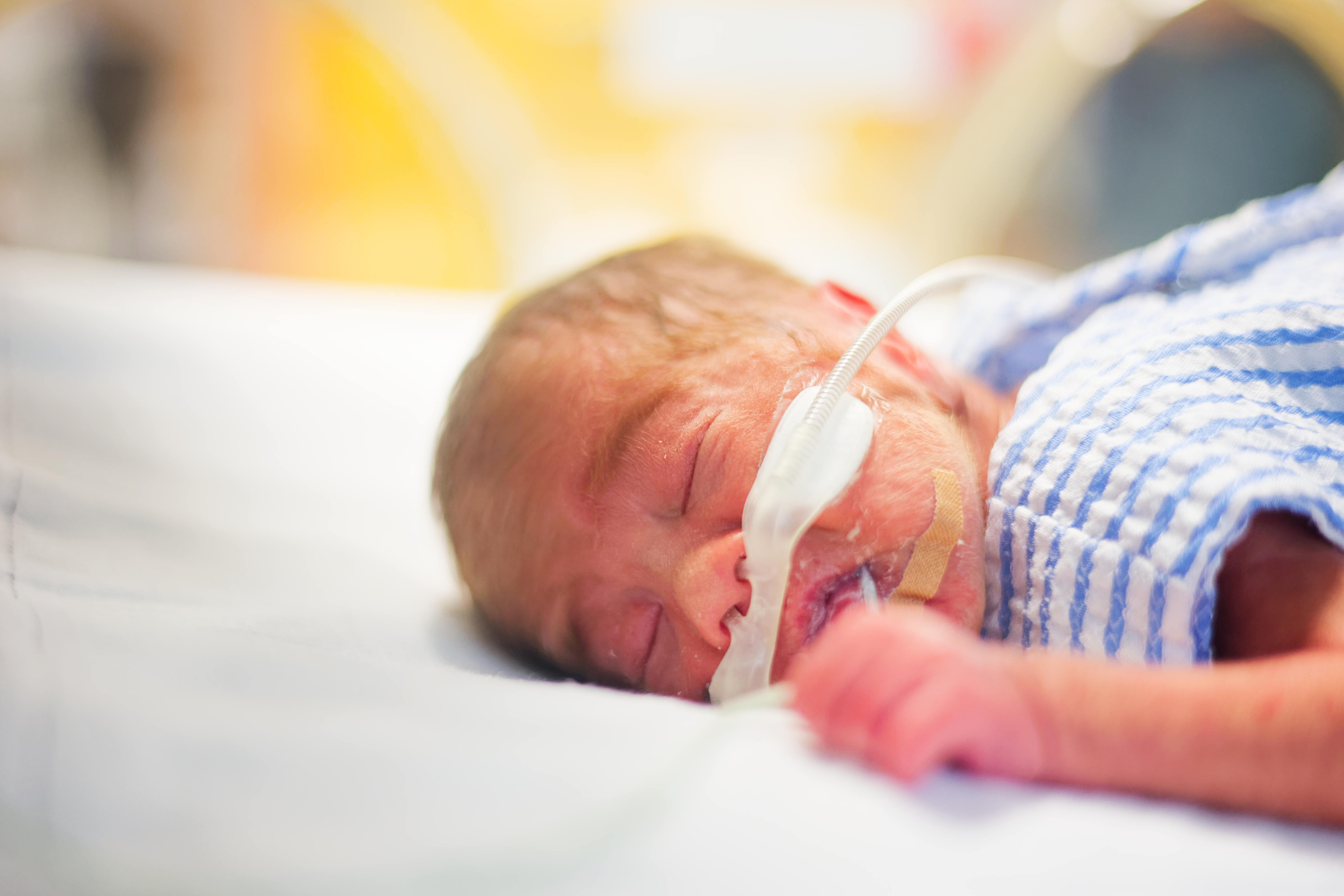Search

A close call with meningococcal disease ignited a passion in Iain Buchan to do whatever he can to keep WA children safe from life-threatening infectious diseases.

Philanthropically-minded members of the community are lending their support to The Kids Research Institute Australia’s up-and-comers.
Bright Blue The Police Commissioner's Fund for Sick Kids has generously outfitted the The Kids brain tumour lab with a cancer analysis suite.
Search Giving at The Kids.
The Journey Together initiative aims to improve the life trajectories for Aboriginal children across three sites in Western Australia – Port Hedland, Newman and Perth.

Healthy skin is a vital factor in the fight against life-threatening conditions like sepsis, heart disease and kidney disease, all of which can be caused by the bacteria Strep A.
Research
SNAP-PYThere are an estimated 5000 episodes per year of bloodstream infections due to Staphylococcus aureus (golden staph) in Australia and an associated mortality of 20%. Despite this, there is little clinical trials evidence to guide best management.

At The Kids Research Institute Australia, we've been thinking of the kids for 35 years. We are finding the answers to some of the biggest problems facing the health and wellbeing of children and families. Our Research Themes host defined programs of work where the Institute has clear strengths and capacity. Our overarching commitment to First Nations Health and Equity is embedded across all our work and features as a core consideration in each Research Theme. The Institute is committed to ending the disparity in health and wellbeing outcomes between Aboriginal and non-Aboriginal kids and families.

Research Theme
Strong BeginningsFocuses on understanding and improving early childhood health and development to set the foundation for lifelong wellbeing. By addressing factors from pregnancy through early years, this theme aims to optimise health outcomes from the very start.
Research
Host Immune Response to ScabiesScabies infection is associated with heightened total IgE immunoglobulin and IgE antibodies to scabies antigens, with both being extremely high for crusted scabies patients. The IgE antibodies cross-react with house dust mite allergens with high reactivity found to the minor allergen arginine kinase.
